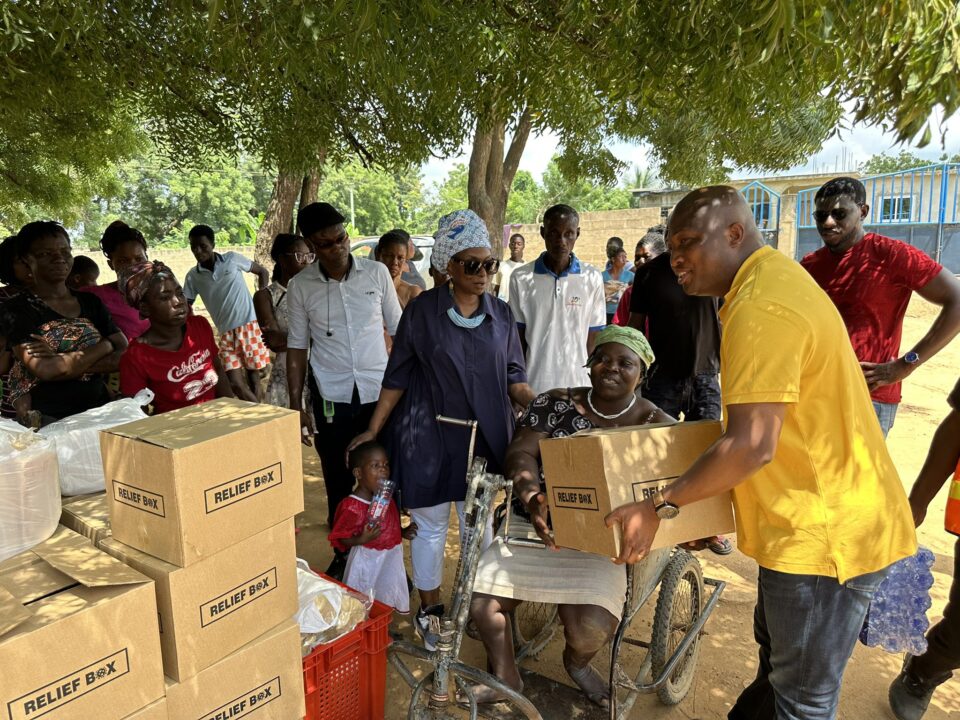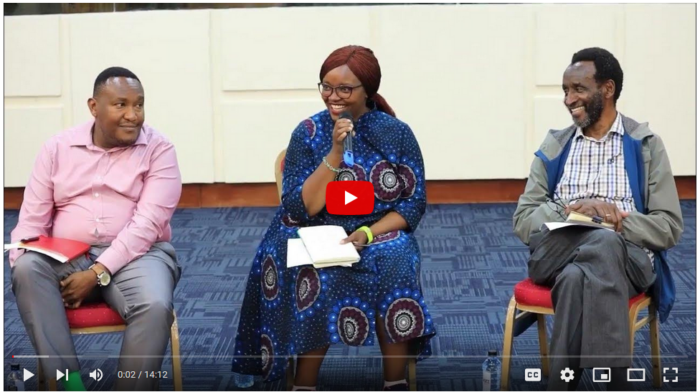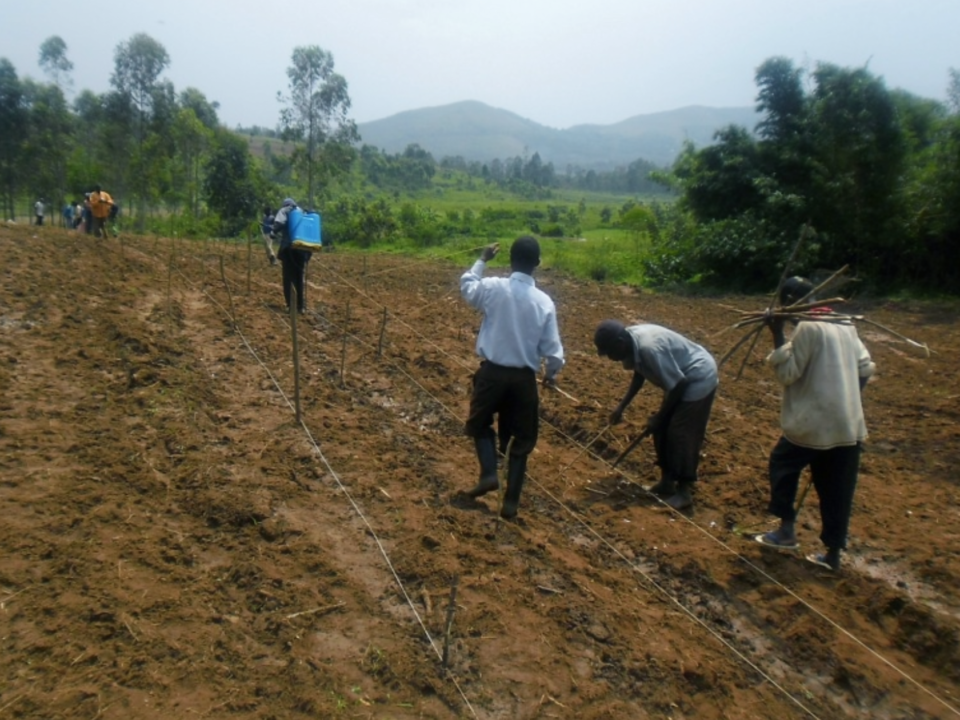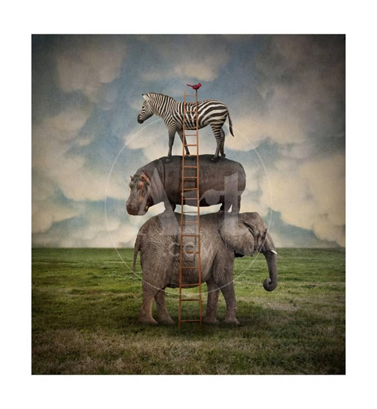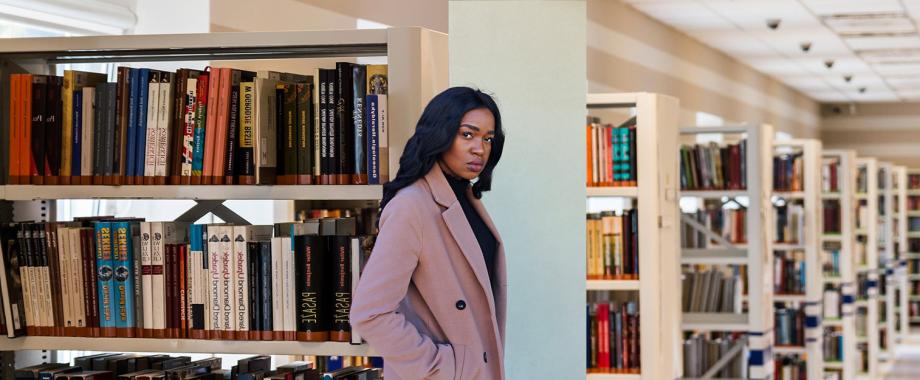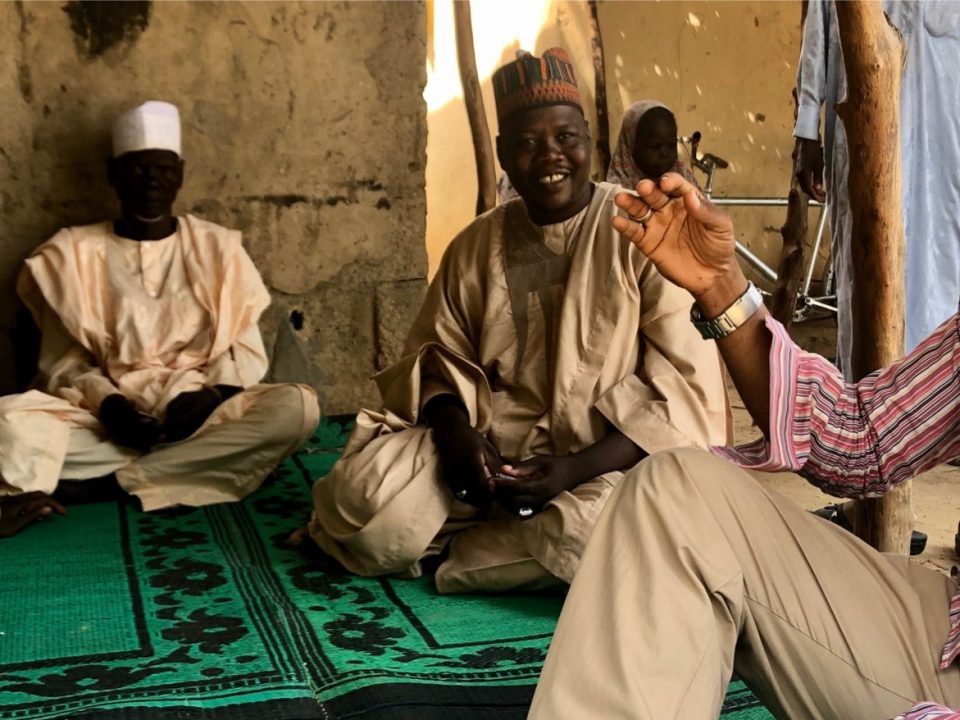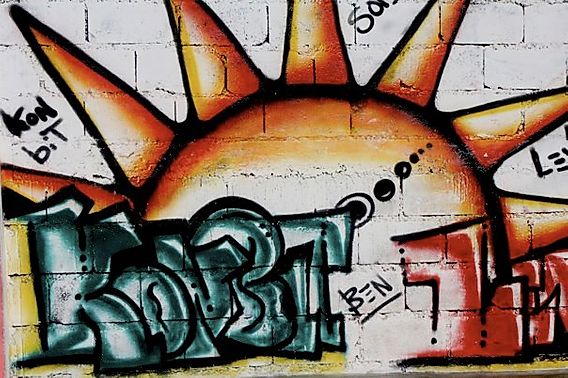- Filter by
- Categories
- Tags
- Authors
- Show all
- All
- academia
- accountability
- adaptation
- afghanistan
- aid
- aid effectiveness
- architecture
- Argentina
- asylum-seeker
- budget
- bureaucracy
- business
- capacity sharing
- child protection
- children's rights
- citizen engagement
- citizen participation
- citizen voice
- climate c
- climate change
- colombia
- community
- community development
- comparative development
- conflict
- cooperation
- COP21
- COP26
- corporations
- Covid-19
- data
- decision-making
- decolonisation
- Democratic Republic of Congo
- developing countries
- development
- development co-operation
- development effectiveness
- development finance
- dialogue
- disaster preparedness
- disaster response
- domestic resource mobilisation
- donors
- DRC
- economic empowerment
- emergency preparedness
- employment
- entrepreneurship
- equality
- espanol
- EU
- evaluation
- feedback loops
- feminism
- français
- gender
- gender equality
- gender-based violence
- global development
- gpedc
- grand bargain
- Haiti
- health
- homeless
- housing
- human rights
- humanitarian aid
- humanitarian effectiveness
- ICT4D
- inclusion
- indirect cost recovery
- inequality
- information
- INGOs
- innovation
- integration
- international cooperation
- international humanitarian law
- jobs
- Kenya
- knowledge
- language
- least
- least developed countries
- LGBTI
- local aid workers
- local development
- local NGOs
- localisation
- men
- mental health
- mexico
- migrants
- migration
- mining
- minorities
- mirps
- multinationals
- natural disasters
- negotiations
- NGOs
- Nigeria
- Northern
- ODA
- OECD
- ownership
- Pacific
- participation
- participatory methods
- partnerships
- peace
- perceptions
- perceptual data
- perspectives
- philanthropy
- Philippines
- policy
- policymaking
- politics
- poverty
- power
- protection
- racism
- RDC
- refugees
- representation
- Republique Democratique du Congo
- resilience
- responsiveness
- rights
- sexual abuse
- sexual harassment
- social accountability
- social justice
- solidarity
- South-South cooperation
- Southern
- southern voices
- statistics
- sustainable development
- sustainable tourism
- Syria
- Tanzania
- tax
- time
- transparency
- Uganda
- Ukraine
- UN
- united nations
- Vietnam
- water and sanitation
- women
- women's rights
- world food day
- world humanitarian summit
- youth
April 29, 2024
Published by Farida Tchaitchian Bena at April 29, 2024
Categories
Director of the Akiba Uhaki Foundation, or East African Human Rights and Social Justice Fund, based in Nairobi, Kenya. Ezra is also a Mason Fellow of the Kennedy School of Government at Harvard University and an alumnus of the Kellogg International Leadership Program. He has already contributed to this blog here. Here is a short summary of our conversation on how African organisations like Akiba Uhaki can and should engage international donors differently to hold them accountable for the aid they promise.
November 13, 2023
Published by Farida Tchaitchian Bena at November 13, 2023
Categories
Vitalice Meja (or simply Meja, as he likes to be called) is the Executive Director of Reality of Aid Africa, a pan-African civil society initiative to […]
August 7, 2023
Published by Farida Tchaitchian Bena at August 7, 2023
Categories
Civil society estimates that every year, USD 312 billion are lost in unpaid corporate taxes around the world. By using legal loopholes, many companies avoid paying their dues – often to Southern countries that host their operations and provide cheap labour. This happens because the governments of those countries are unable to enforce their fiscal policies, and there is still no global tax agreement to protect their interests.
But something is about to change...
June 30, 2023
Published by Farida Tchaitchian Bena at June 30, 2023
Categories
A first for this blog, here is the video recording of a panel discussion held at the Nairobi chapter of the Imperial College Business School last September. Three Kenyan experts discuss development and international cooperation in their own country: Ezra Mbogori, Executive Director of the Akiba Uhaki Foundation and Fellow at Harvard University and the Kellogg International Leadership Program; G.K. Ndungu, economist and public policy specialist; and the moderator Wairu Kinyori-Gugu, former Programme Director at Oxfam Kenya, consultant and Kiliza author.
November 3, 2022
Published by Farida Tchaitchian Bena at November 3, 2022
Categories
Après une longue pause, je reprends mon blog en interviewant l’une des personnes les plus inspirantes que je connaisse : Dieudonné Cirhigiri, un professionnel chevronné de l’aide humanitaire et du développement de la République démocratique du Congo (RDC).
November 3, 2022
Published by Farida Tchaitchian Bena at November 3, 2022
Categories
After a long hiatus, I resume my blogging by interviewing one of the most inspiring people I know: Dieudonné Cirhigiri, a seasoned humanitarian and development professional from the Democratic Republic of Congo (DRC).
April 16, 2021
Published by Wairu Kinyori at April 16, 2021
Categories
Every so often there are people who transition from national or small not for profit into the International NGOs. Many times, it is a dream come true because you have probably put in dozens of applications and this one lucky one made it through, and you cannot just believe! There you are in a multicultural fancy office; it really is a dream come true.
March 11, 2021
Published by Farida Tchaitchian Bena at March 11, 2021
Categories
A few months ago, I wrote about how the international aid and development sector was addressing the double challenge of Covid-19 and mounting accusations of racism following the rise of the Black Lives Matter movement in the US. I recommended levelling the playing field between Northern and Southern academia to counteract the widespread belief that ‘developed’ nations know what is best for ‘developing’ countries. In particular, establishing joint Northern and Southern degrees in comparative development would in my view be a major step forward to ‘decolonise’ development knowledge and lay the ground for more equitable solidarity. [More...]
December 11, 2020
Published by Farida Tchaitchian Bena at December 11, 2020
Categories
I’m a big fan of my colleague Wale Osofisan, who works as Senior Director of the Governance Unit at the International Rescue Committee (IRC). Recently, we have started collaborating more often on global advocacy priorities and that’s given me the excuse to ask him a number of questions about his background and his vision for international cooperation in the years ahead.
April 7, 2020
Published by Farida Tchaitchian Bena at April 7, 2020
Categories
In my previous post, I discussed the international response to the 2010 Haiti earthquake with Sabina Carlson Robillard and her husband Louino ‘Robi’ Robillard. They both participated in relief efforts at the time. Today, they manage Konbit Solèy Leve, a community-led movement founded in the biggest Haiti slum, Cite Soleil, in 2011. In Part Two of our conversation, Sabina and Robi share the objectives of Konbit Solèy Leve and explain how this model of local solidarity can be used to address other similar challenges around the world. Truly an inspiration for finding creative ways to help each other at a time when the coronavirus pandemic is keeping people apart.


